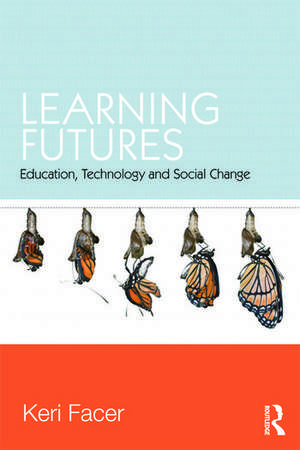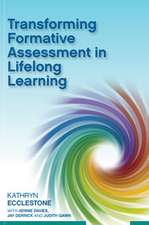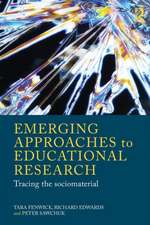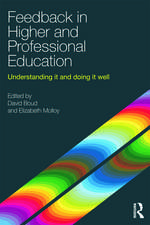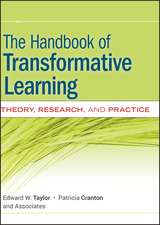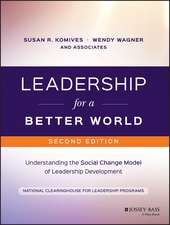Learning Futures: Education, Technology and Social Change
Autor Keri Faceren Limba Engleză Paperback – 28 mar 2011
Drawing on ten years of research into educational innovation and socio-technical change, working with educators, researchers, digital industries, students and policy-makers, this book questions taken-for-granted assumptions about the future of education. Arguing that we have been working with too narrow a vision of the future, Keri Facer makes a case for recognizing the challenges that the next two decades may bring, including:
the emergence of new relationships between humans and technology
the opportunities and challenges of aging populations
the development of new forms of knowledge and democracy
the challenges of climate warming and environmental disruption
the potential for radical economic and social inequalities.
This book describes the potential for these developments to impact critical aspects of education – including adult-child relationships, social justice, curriculum design, community relationships and learning ecologies. Packed with examples from around the world and utilising vital research undertaken by the author while Research Director at the UK’s Futurelab, the book helps to bring into focus the risks and opportunities for schools, students and societies over the coming two decades. It makes a powerful case for rethinking the relationship between education and social and technological change, and presents a set of key strategies for creating schools better able to meet the emerging needs of their students and communities.
An important contribution to the debates surrounding educational futures, this book is compelling reading for all of those, including educators, researchers, policy-makers and students, who are asking the question 'how can education help us to build desirable futures for everyone in the context of social and technological change?'
| Toate formatele și edițiile | Preț | Express |
|---|---|---|
| Paperback (1) | 397.04 lei 6-8 săpt. | |
| Taylor & Francis – 28 mar 2011 | 397.04 lei 6-8 săpt. | |
| Hardback (1) | 1326.48 lei 6-8 săpt. | |
| Taylor & Francis – 28 mar 2011 | 1326.48 lei 6-8 săpt. |
Preț: 397.04 lei
Nou
Puncte Express: 596
Preț estimativ în valută:
75.100€ • 82.58$ • 63.88£
75.100€ • 82.58$ • 63.88£
Carte tipărită la comandă
Livrare economică 21 aprilie-05 mai
Preluare comenzi: 021 569.72.76
Specificații
ISBN-13: 9780415581431
ISBN-10: 0415581435
Pagini: 192
Dimensiuni: 156 x 234 x 15 mm
Greutate: 0.32 kg
Ediția:1
Editura: Taylor & Francis
Colecția Routledge
Locul publicării:Oxford, United Kingdom
ISBN-10: 0415581435
Pagini: 192
Dimensiuni: 156 x 234 x 15 mm
Greutate: 0.32 kg
Ediția:1
Editura: Taylor & Francis
Colecția Routledge
Locul publicării:Oxford, United Kingdom
Public țintă
Postgraduate and ProfessionalCuprins
Preface: ‘Sticking wings on the caterpillar’: the modernisers’ response to the future A brief note on theory and methods Part I: The next quarter century? 1. The Personal Cloud 2. Living and Working With Machines 3. Collectives, Kinships and Crowds 4. Necessary Knowledge, Dangerous Knowledge 5. A New Contract Between Generations 6. Mind the Gaps 7. Learning for Ourselves Part II: Building Education’s Capacity to Think the Future 8. Sceptical Habits of Mind 9. Balancing Aspiration, Diversity and Flexibility 10. The Educational Institution as Research Lab 11. Shared Responsibilities, Collective Memories
Notă biografică
Keri Facer is Professor of Education at the Education and Social Research Institute, Manchester Metropolitan University, where she works in the fields of digital cultures, educational change and social justice.
Descriere
Drawing on ten years of research into educational innovation, incorporating scientists, teachers, students, industry professionals and policy makers, this book challenges the often adopted notion of a single, linear educational future. Considering alternative strategies for conceptualising the future of education, Facer takes into account the challenges that future decades may face.
